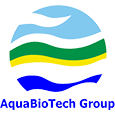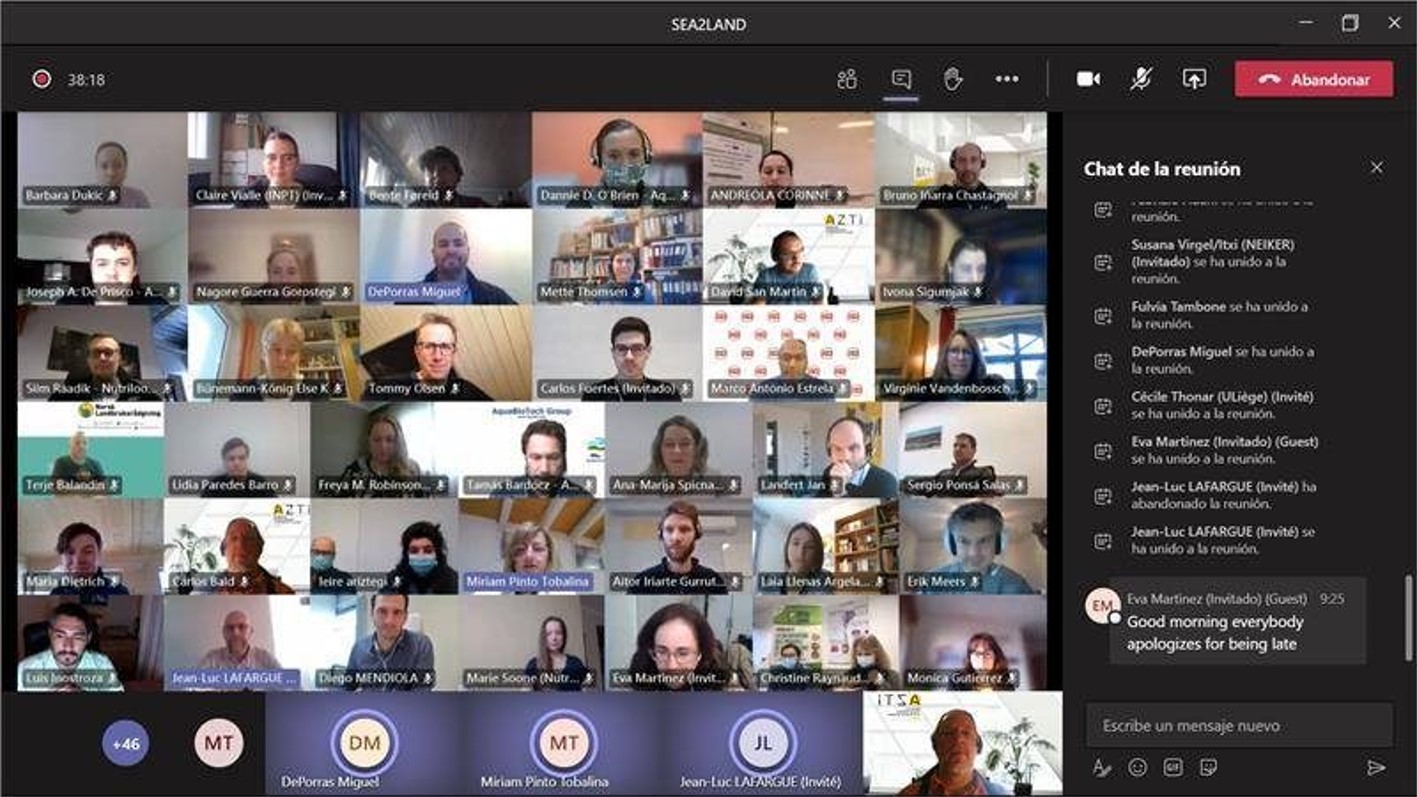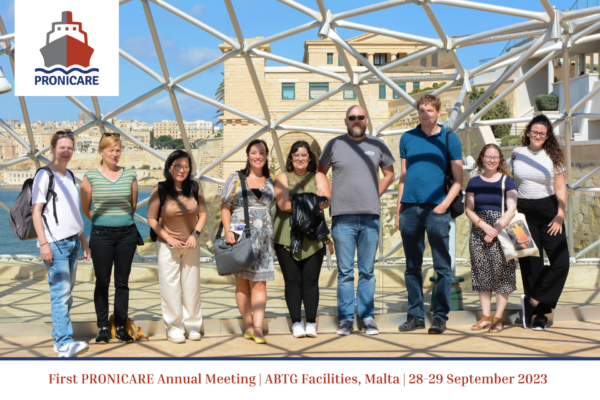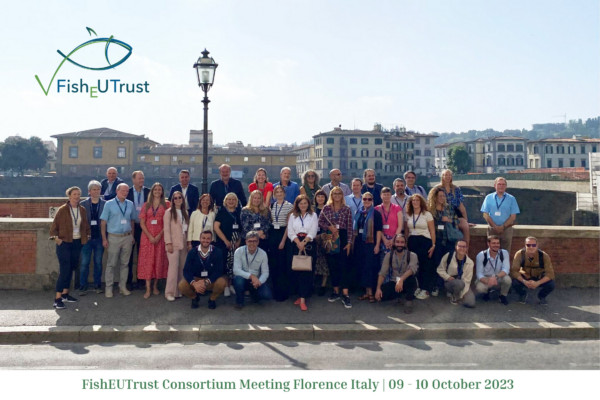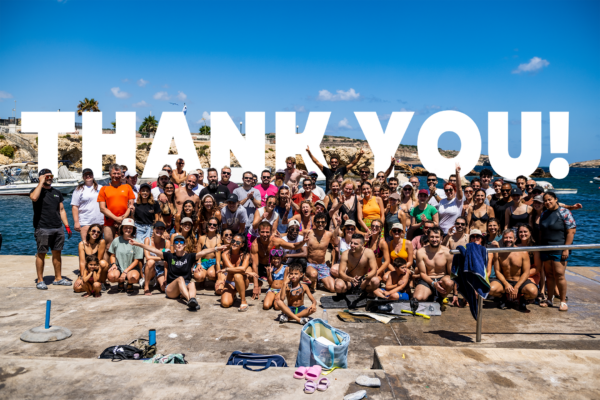SEA2LAND
The R&D&I team at AquaBioTech Group was joining the second day of the Sea2Land H2020 Project Kick-Off meeting. This four-year project will recover nutrients from fish processing and aquaculture by-products based on the circular economy model for the improvement of European Agriculture. AquaBioTech Group is excited to work on the project including the Mediterranean case study and valorization of aquaculture by-products.
European Agriculture relies heavily on external sources for the supply of key fertilisers, while at the same time large quantities of minerals are discharged into the environment through a variety of organic waste streams.
The SEA2LAND project is a 4-year collaborative Innovation Action (IA) which aims to provide solutions that help overcome challenges related to food production, climate change and waste reuse through the use of these organic waste streams. To this end, the SEA2LAND project will work on improving and adapting nutrient recovery technologies to produce bio-based fertilisers from fish and aquaculture processing by-products.
This project will optimise technologies, some of them combined, (advanced composting, bio-drying, freeze concentration and extraction, algae production, pyrolysis, membrane technology, chitin extraction, thermo-mechanical fractionation to enzymatic hydrolysis) that will generate bio-based (BBF) and tailor-made fertilisers, both for local crops and conditions and for export. The proposed technologies range from well-known processes (bokashi, composting, etc.) that can be a solution in some areas due to its low cost and simplicity to others more sophisticated that go from thermo-mechanical fractionation to enzymatic hydrolysis. The technologies will be applied to different by-products, and they will produce several BBFs either for local crops and conditions, and others for exporting (with high value and effectiveness to assure a low impact). BBFs will be characterised to ensure compliance with EU regulations, including those to organic farming.
The effects on soil biodiversity, environmental sustainability and the impact on social parameters and local economy will be studied and business plans will be defined. Finally BBFs from by-products will serve to partially replace imported nutrients for agriculture in Europe, contributing to reduce the negative environmental effects of the misuse of by-products.
Objectives of SEA2LAND
- Production of biofertilisers within a local and circular framework through the development of demonstration pilots that can be replicated across Europe.
- Application of more than 10 technologies in 7 case studies in 6 representative areas of the fisheries and aquaculture sector (North, Baltic, Atlantic, Cantabrian, Mediterranean and Adriatic).
Our role in the SEA2LAND Project
- Assisting in the recovery of nutrients from aquaculture industry by-products through:
-
- Supplying Mediterranean marine-based wastewater and sludge for valorization by UVIC
- Implementing a pilot study for recovery of nutrients and valorization of aquaculture industry by-products for use in product testing.
- Involvement in the Techno-economic Assessment of the innovations and in the creation of the model business and market analysis.
- Contribution to the dissemination and communication of the project results.
